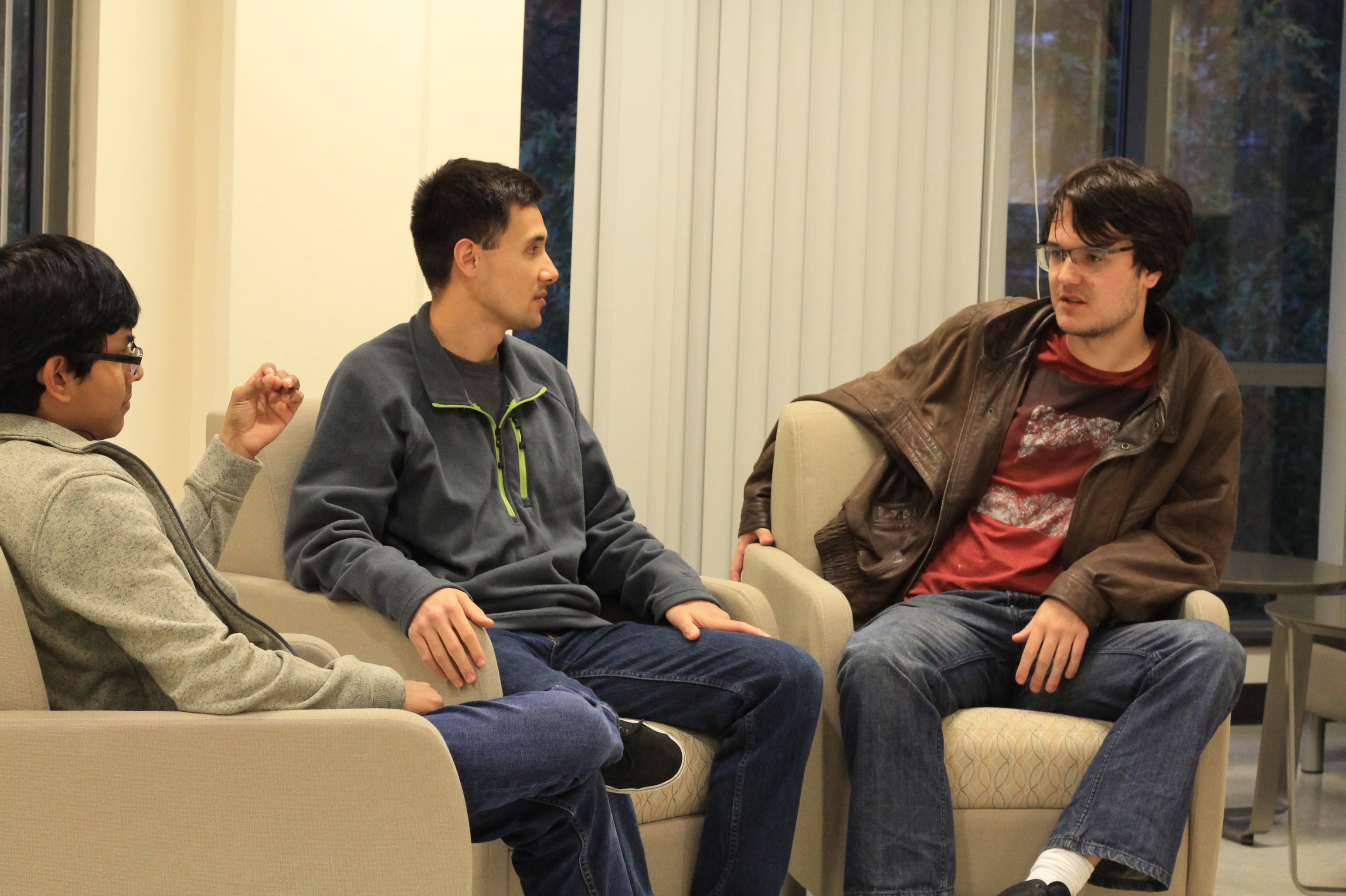Kennesaw State Assistant Professor of biology Clint Penick has spent the last several summers studying pavement ants in New York City. His research was featured a Jan. 31 episode of the Canadian Broadcasting Corporation show, “The Nature of Things.”
Most people think of human development as an immediate and definite harm to nature, but Penick’s research shows this may not always be the case. Penick said that of the 15,000 species of ants in the world, roughly 100 have been found to thrive in cities all across the world. His research is dedicated to understanding what makes a city ant unique.
Every summer, after the hustle and bustle of the school year at KSU, Penick flies up to New York to study the lives of ants that live along Broadway.
“We’ve estimated that just along the section of Broadway we work on, pavements ants are eating the equivalent of 60,000 hot dogs per year in waste,” Penick said. “The New York Times ran an article that called the pavement ant … the ‘unpaid garbage worker’ of New York City.”
Ants are the most common animal in New York City besides rats and pigeons, Penick said. While Penick focuses on urban ecology, the interaction of nature and modern civilization, ants are found in almost every single ecosystem on Earth.
Penick said ants parallel human society in many ways — they build highways, facilitate agriculture and even raise livestock in some cases. Their prevalence might be due to their social nature, noting that humans are both extremely social and successful.
The research team initially attracted police as they ran around weird places with suspicious-looking ant-collecting devices, according to Penick. Officers now recognize them as “the ant guys.”
Penick said he loves human and media interest in the city.
“When you’re working in New York, people want to know what you’re doing — what you’re up to,” Penick said. “They found it hilarious that we travel … just to study ants. We’ve had reporters from Wall Street Journal follow us around, the New Yorker, Mobile Times and The New York Times.”
Natural intrigue from reporters led to being approached for documentaries, like with the CBC. Penick said that science education for the public is just as important as the research being conducted.
“We’re able to talk about what we do to a really broad audience which has been amazing,” Penick said. “The other thing it’s led to is things like these documentary opportunities that we’ve had.”
Penick said his future research focuses on the antibiotics produced by ants.
With his research on the big screen, and larger projects upcoming, Penick said he never envisioned his career as it is today.
After being in the punk band “Kids Like Us” and graduating from Arizona State University, Penick did not have a career in mind and became a research assistant to his favorite professor — a world expert on fire ants. After his post-doc work in North Carolina and beginning his research in New York, accessibility to Atlanta brought Penick to KSU.


